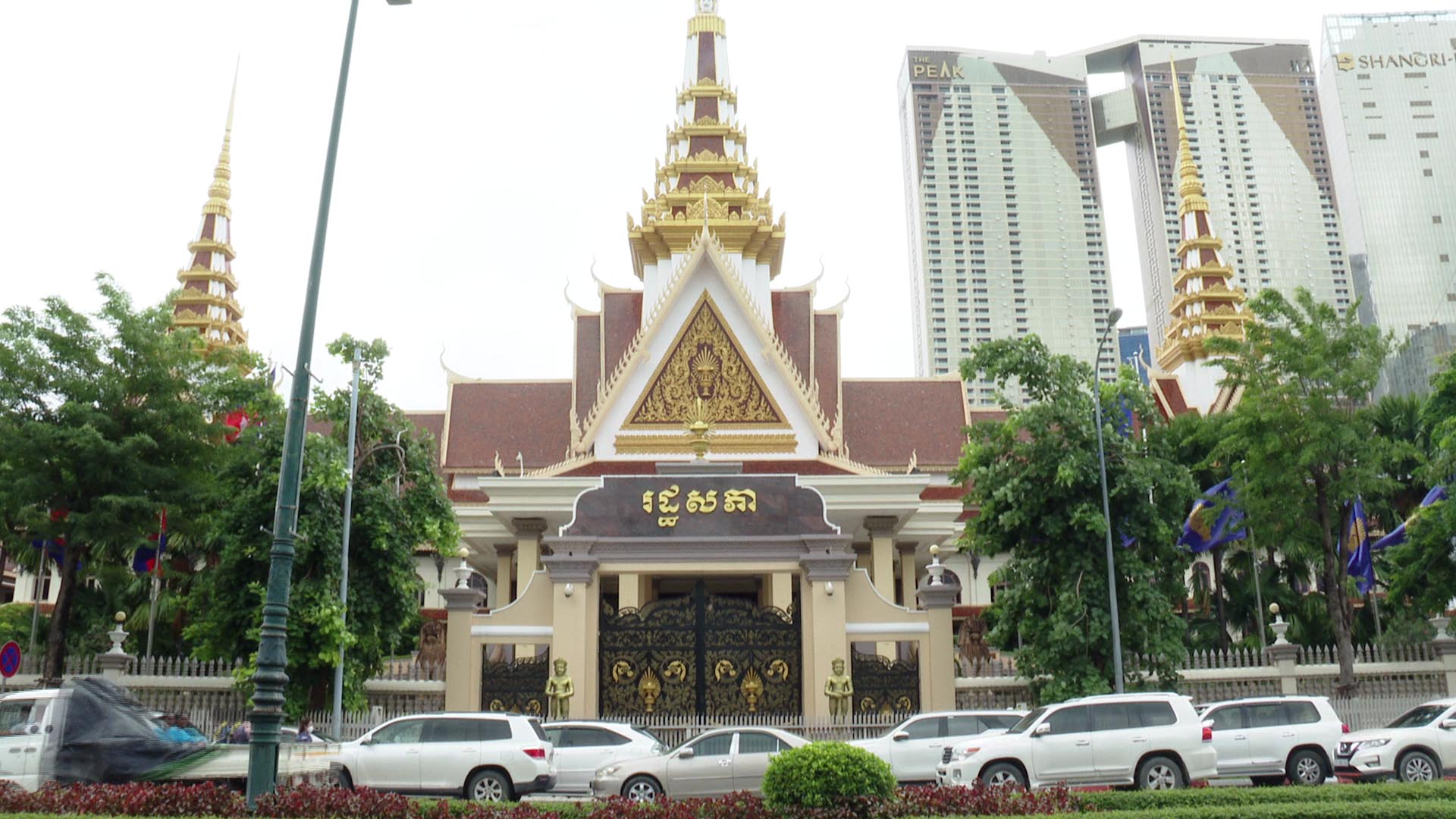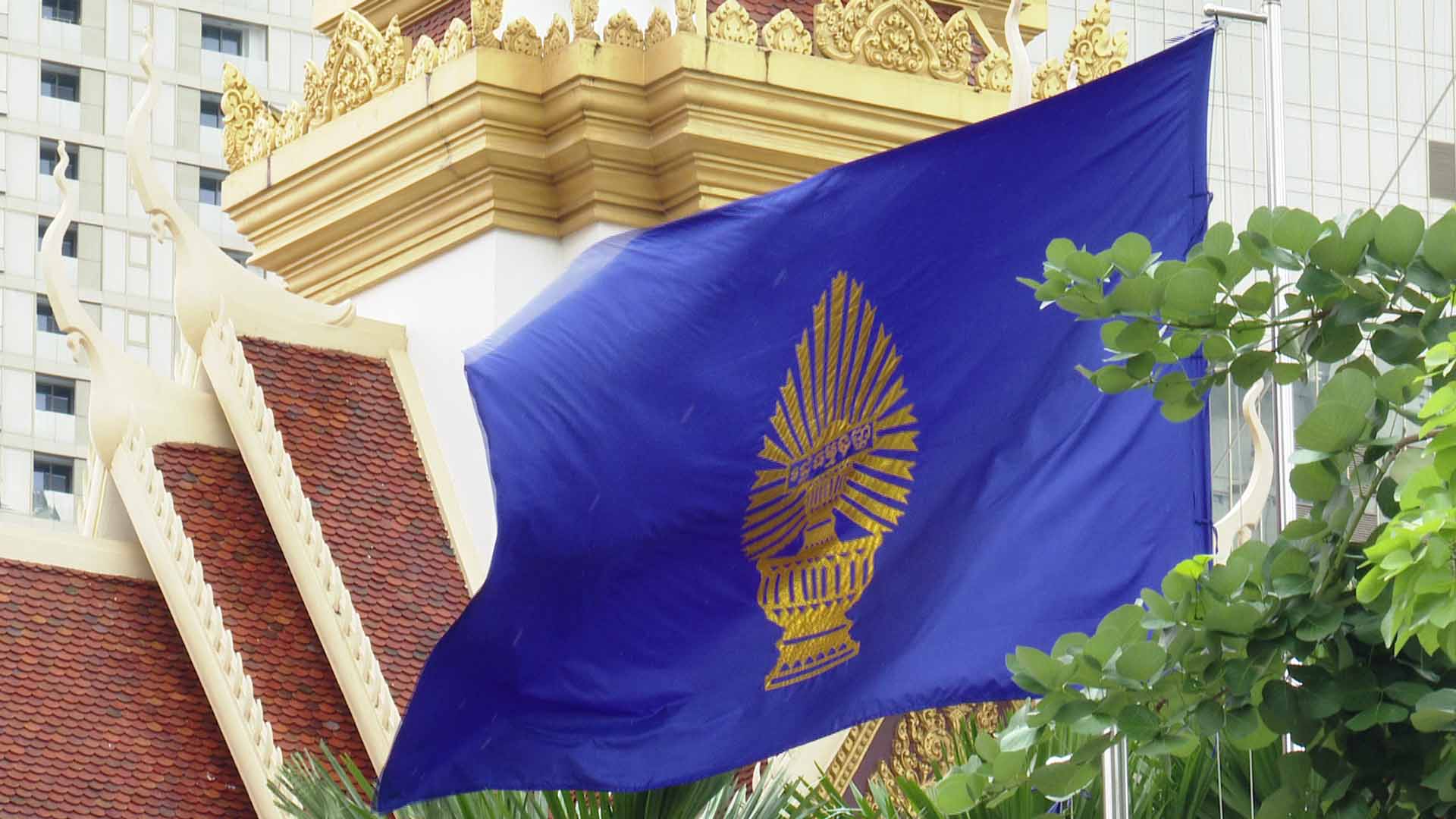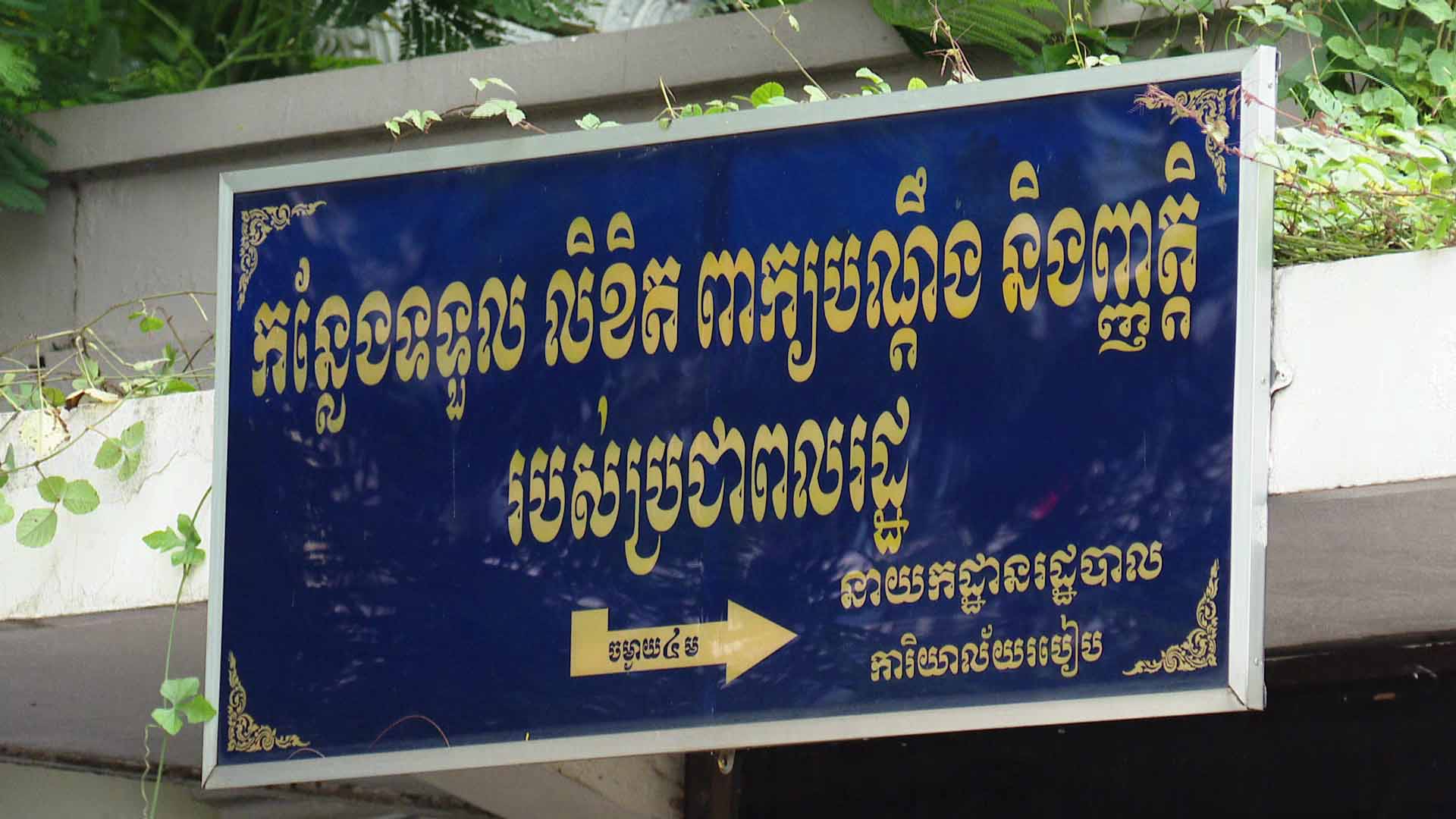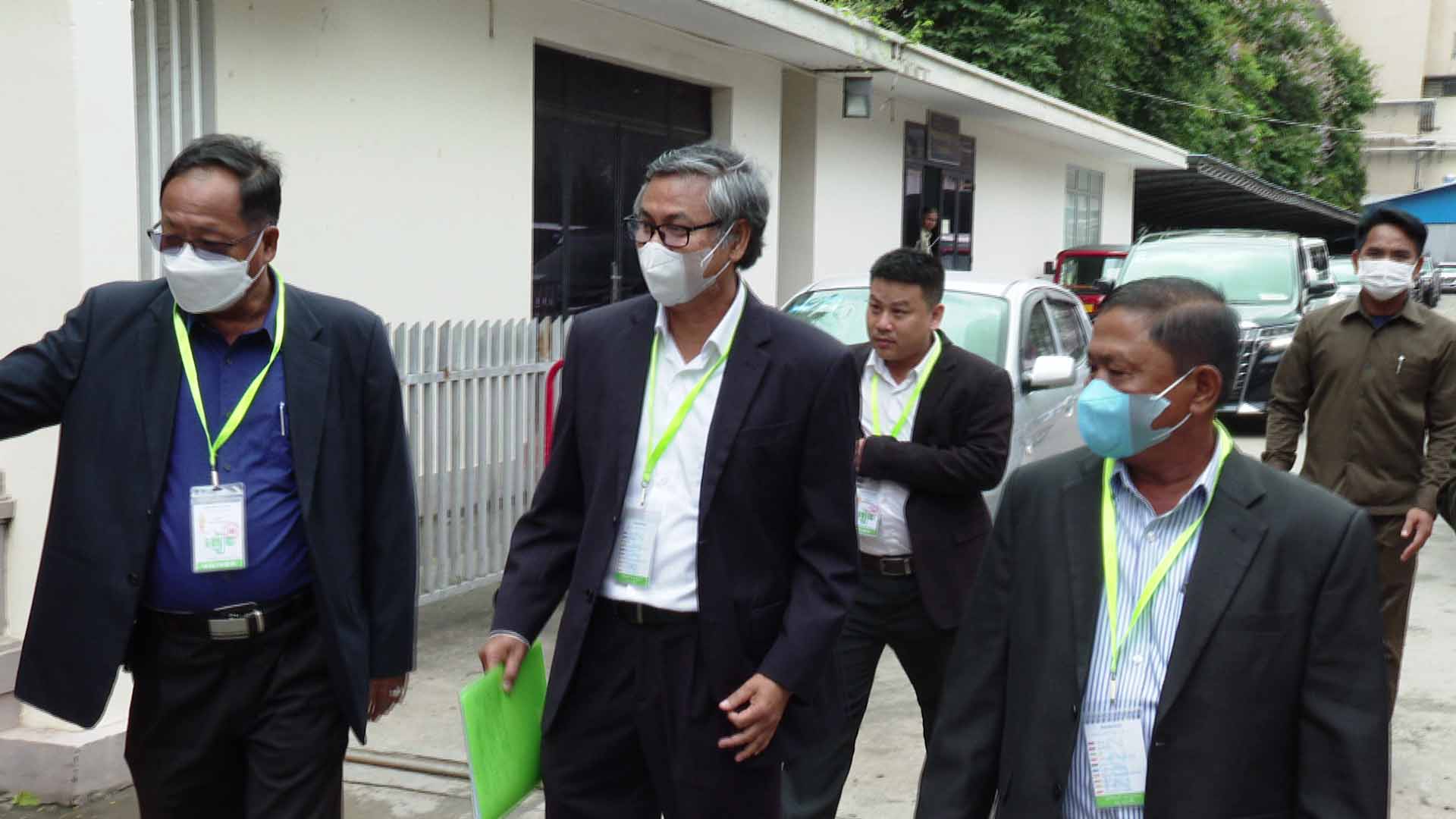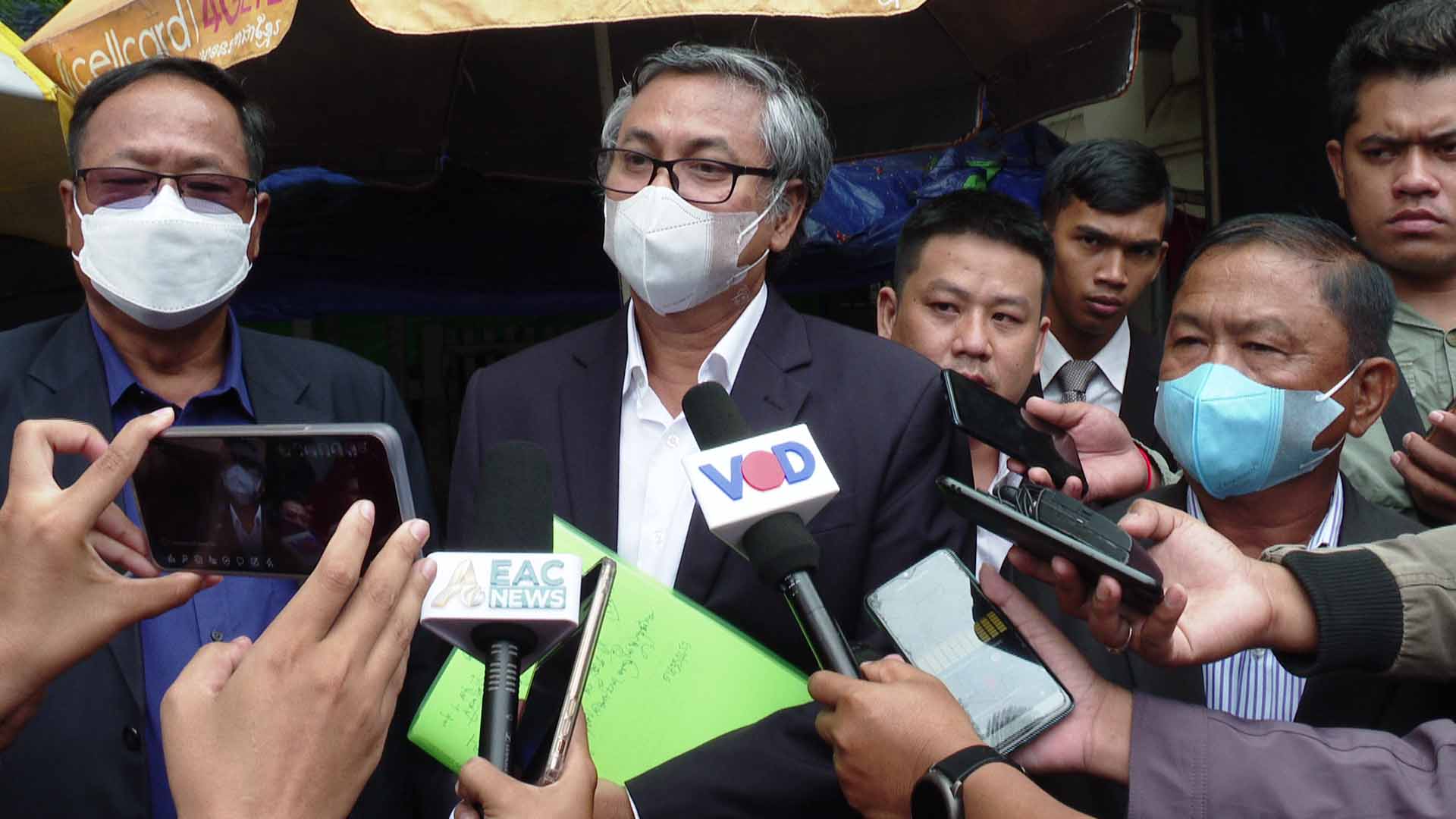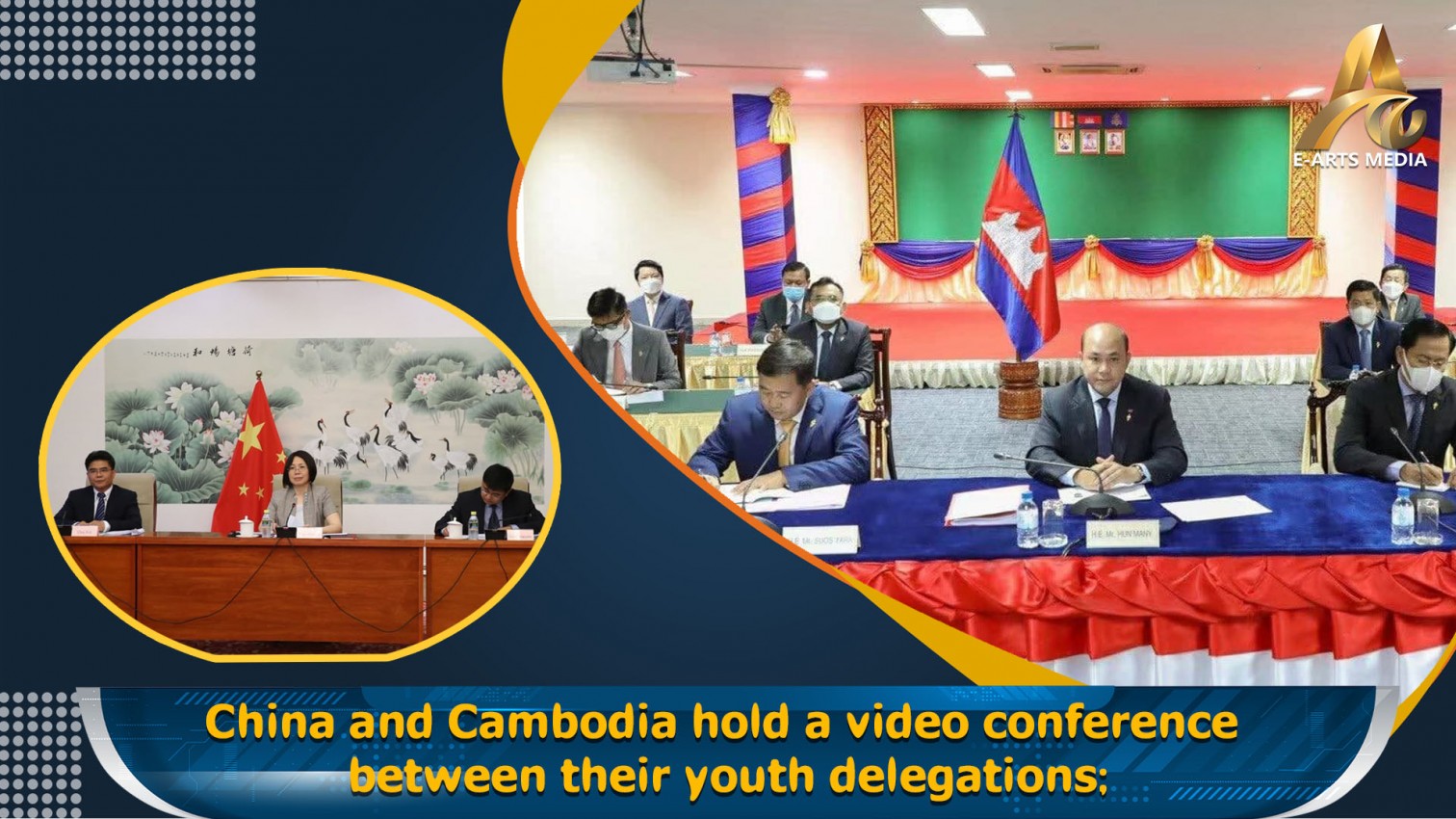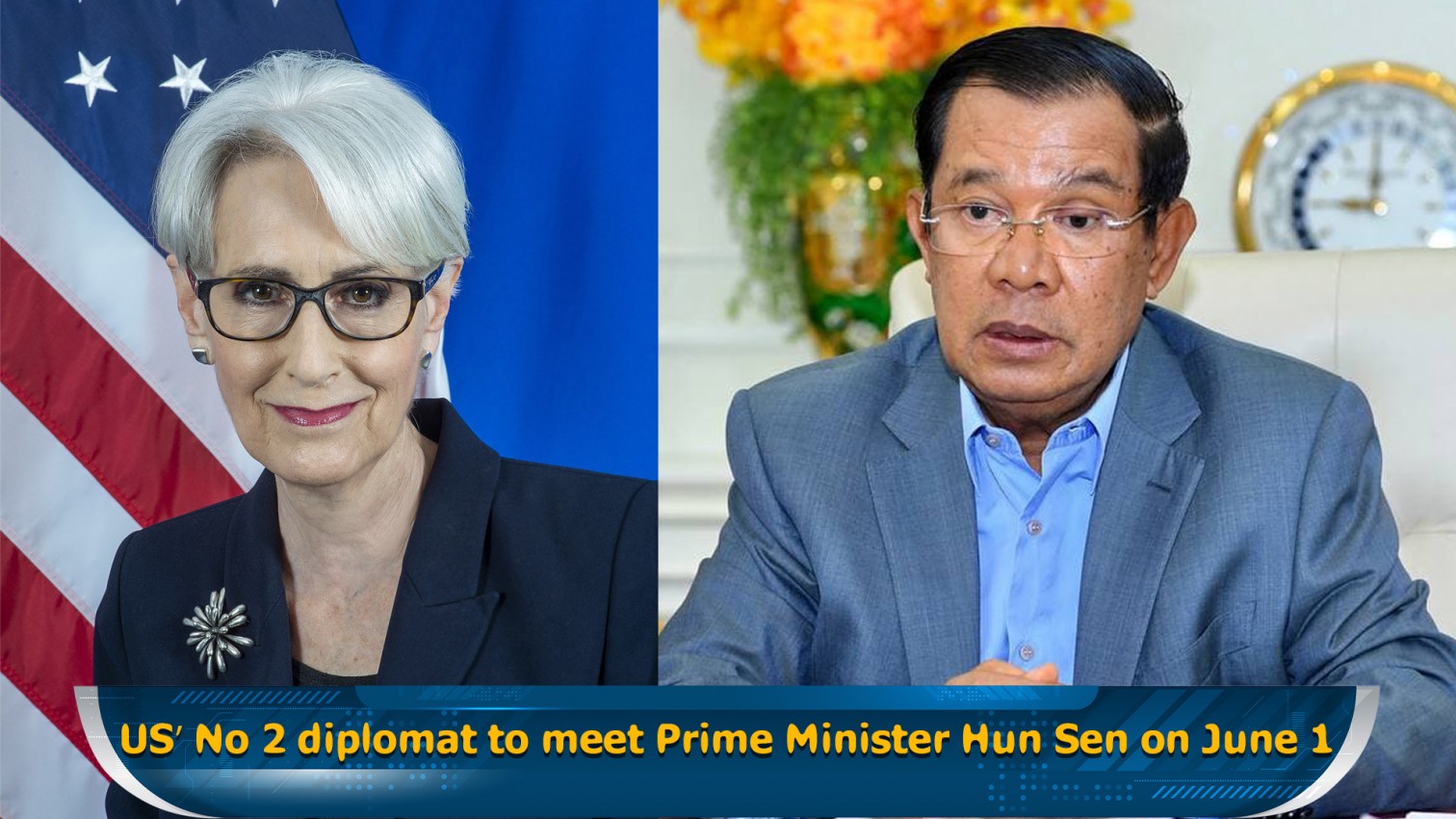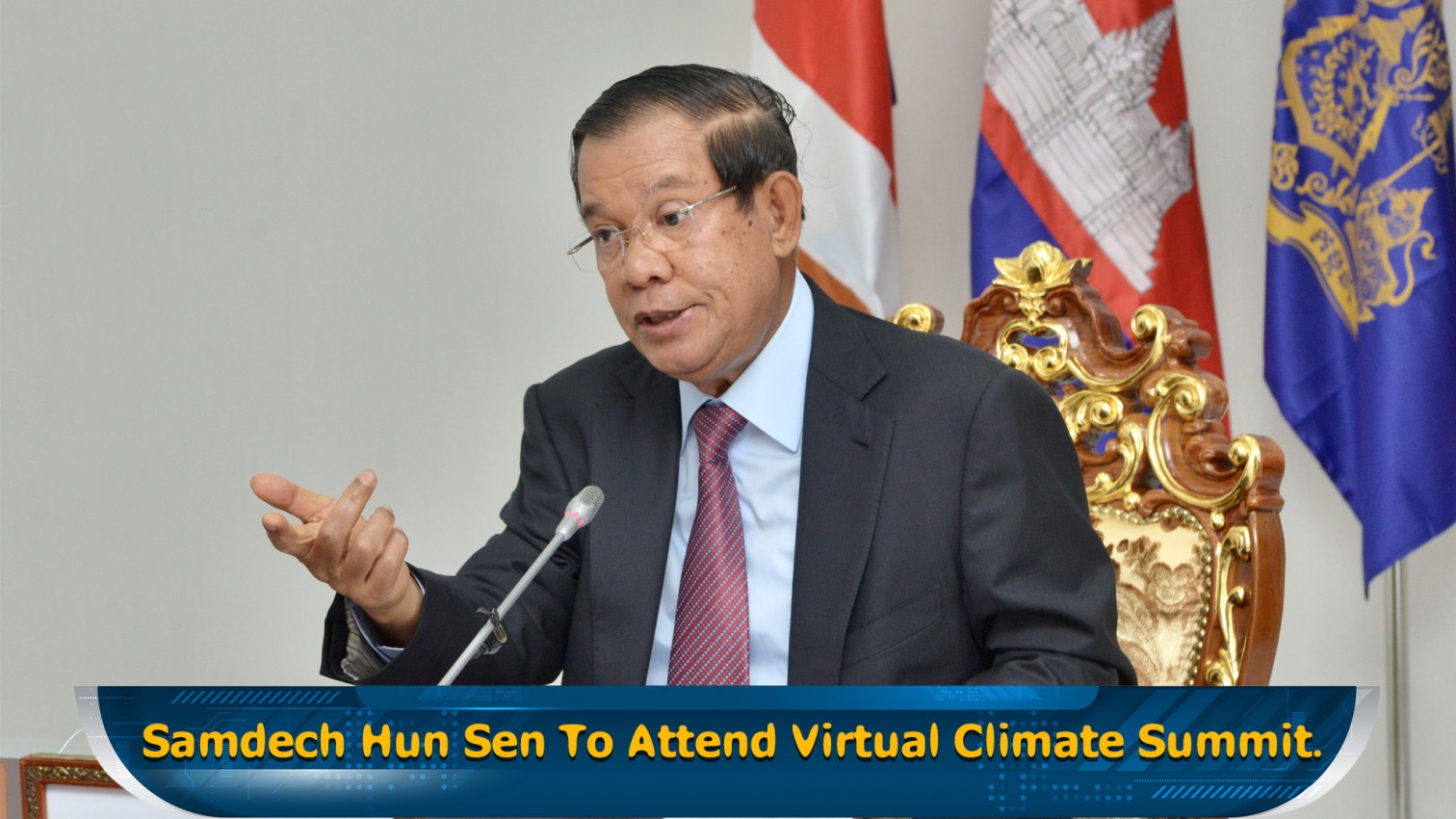PHNOM PENH: Four parties have submitted a joint petition to the National Assembly on the morning of Thursday, 21 July, asking for the amendment to the constitution drafted by the government to be dropped, saying that this amendment will weaken the power of the National Assembly. However, the Spokesperson for the Ministry of Justice has declined this petition and asked the parties to re-watch the press conference held by Justice Minister Koeut Rith again.
The four parties that submitted the petition are the Candlelight Party, the Grassroots Democratic Party, the Khmer Will Party and the Cambodian Reform Party.
A representative for the parties, Yeng Virak, said that two articles of the draft amendment seriously undermined parliamentary power. The new Article 119, allows the party with the most seats to appoint a Prime Minister to the King directly, without having to go through the Speaker of the National Assembly, and the new Article 98 increases the number of parliament members needed to place blame on the Royal Government in the event of a mistake or bad governance.
"We do not support the proposed amendment," said Yeng Virak. "We ask the National Assembly not to approve the proposed amendment."
Justice Ministry Spokesperson, Chin Malin, told EAC News that what the four parties were saying was inconsistent with the content of the amendment, asking them to once again review or listen to the Justice Minister’s explanation provided at a press conference held on 14 July.
"If they still do not understand, they can ask which part (of the amendment) they did not understand or which part they want more explanation for, we are happy to explain in detail," said Chin Malin. "However, if they do understand and just pretend not to understand and continue to criticize the amendment, making accusations that differ from the actual purpose and content of the amendment for the political benefit of their own groups and factions, well, then we do not know what to do”.
On Friday, 8 July, the Council of Ministers fully approved the new draft of the Constitution, which revises eight articles. This law was accepted by the National Assembly and sent to the expert committee to review on Tuesday, 19 July.
At a press conference held on 14 July, Justice Minister Koeut Rith stated that the constitutional amendment was made to respect the will of the people who vote for a party they believe in, so the political party with the most seats in the National Assembly must be the leader of the government. He added that although the party with the majority of seats has the right to ask the King to appoint the Prime Minister to form the government, the National Assembly still has the full right to vote and give confidence to form the government.
"An elite is appointed as the Prime Minister, and this elite chooses the various components to form the Royal Government, but this is just making a list!" said Minister Koeut Rith.
"The Council of Ministers will not be formed until it is passed by the National Assembly, and the National Assembly votes in favor by an absolute majority, and then the Council of Ministers will be appointed by the King through Royal Decree. . . . So where is the power of Parliament? The power of the National Assembly is at the Parliament, giving 50% plus one trust is the power of the National Assembly. In a parliamentary regime, power is in place.”
He also stated that the amendment of Article 98 is to make the rules and regulations in line with the basic principles of the Constitution.
He underlined that the current amendment to the Constitution was necessary to ensure the smooth functioning of state institutions, to maintain stability and peace, fill the gaps of the Constitution, and to uphold the fundamental principles of liberal multi-party democracy, the principles of the constitutional monarchy and the ruling regime of Cambodia.
